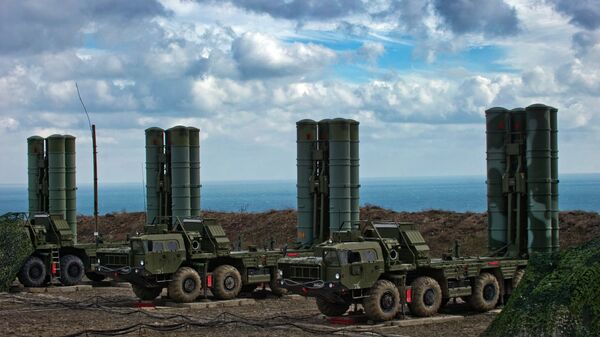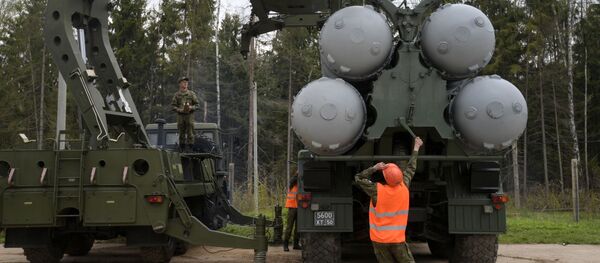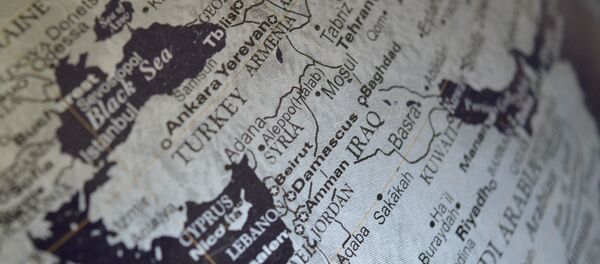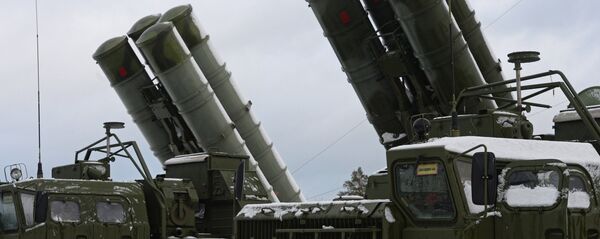On April 28, Turkish Foreign Minister Mevlut Cavusoglu said Moscow and Ankara had reached an agreement on the purchase of the S-400 air defense systems with the negotiations on joint production and prices being underway.
The issue was also discussed by Russian President Vladimir Putin and his Turkish counterpart Recep Tayyip Erdogan during their meeting in Sochi in early May.
In an interview with Sputnik Turkey, Erdoğan Karakuş, retired Lt. Gen. of the Turkish Air Force and chairman of the Turkish Union of Retired Officers, expressed confidence that Moscow and Ankara will not have difficulties negotiating the loan.
He also pointed to the fact that the purchase of S-400 systems is very important for the Turkish military.
At the same time, he noted, Turkey will need even more air defense and missile defense systems and Ankara will make "new deals in accordance with the current balance of power in the international arena."
Toğrul Ismayil, an expert at the TOBB University of Economics and Technology, suggested that NATO should not be concerned over the deal on S-400 deliveries between Russia and Turkey.
"Turkey has long been deprived of high-altitude missile defense systems. This poses a threat for Turkey’s security. Other regional powers, including Armenia and Azerbaijan, have S-400 systems. Such NATO members, as Greece, Bulgaria and Hungary, have earlier modifications of the S-400. The allegations that by selling missile defenses to Turkey Russia will have access to NATO’s intelligence data are groundless. Instead, NATO should not be worried because the deal will boost Turkey’s defense capability, hence the military capability of the alliance," Ismayil said.
He suggested that NATO has been concerned because the United States wants to sell its Patriot missile defense systems to Turkey.
Abdullah Ağar, security expert and former Turkish Special Forces officer, said that the lack of advanced air defense systems in Turkey resulted in a series of threats to the country’s national security.
The expert noted that this time NATO did not find a pretext to hinder the Ankara-Moscow deal because "these systems are already in service even in Greece."
"Currently, there is a trend of developing cooperation, including in security and energy, between Russia and Turkey. If this process develops in the future this may result in a significant change in the global geopolitical situation. The possibility of the 'gravity center' moving from Europe and the US to Asia is taking shape," Ağar said.
He said that the West’s policy in the Middle East creates a threat to Turkey’s security.
"By direct and indirect interferences, the West is trying to drag the region into chaos. It uses the fight against terrorism as a pretext for redrawing the Middle East map in accordance with its own goals and interests. In this context, the [S-400] deal between Russia and Turkey is especially important," Ağar concluded.





